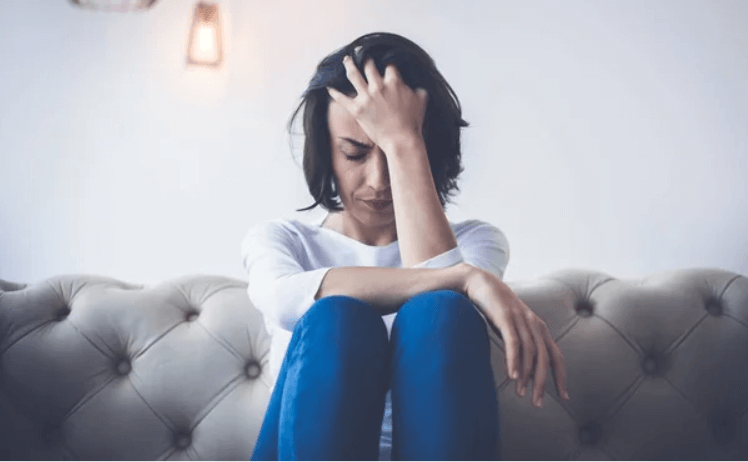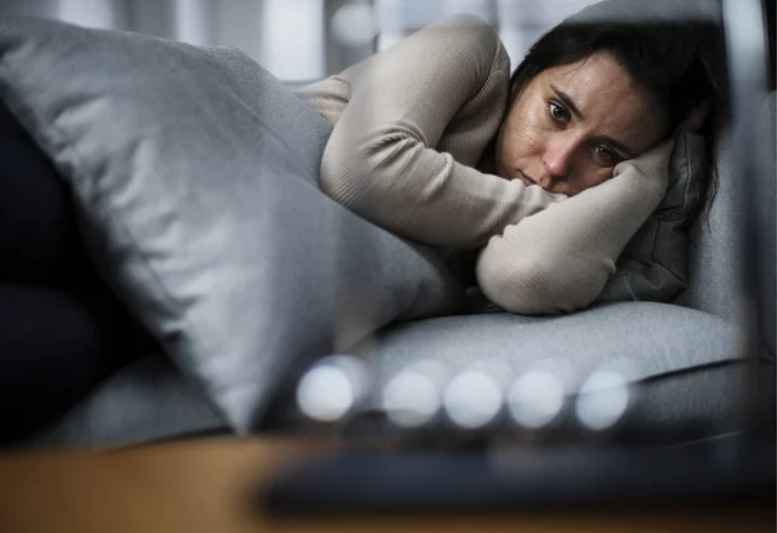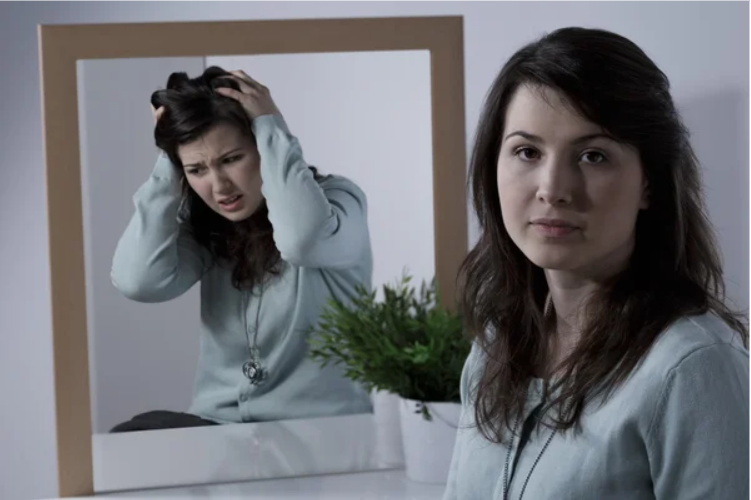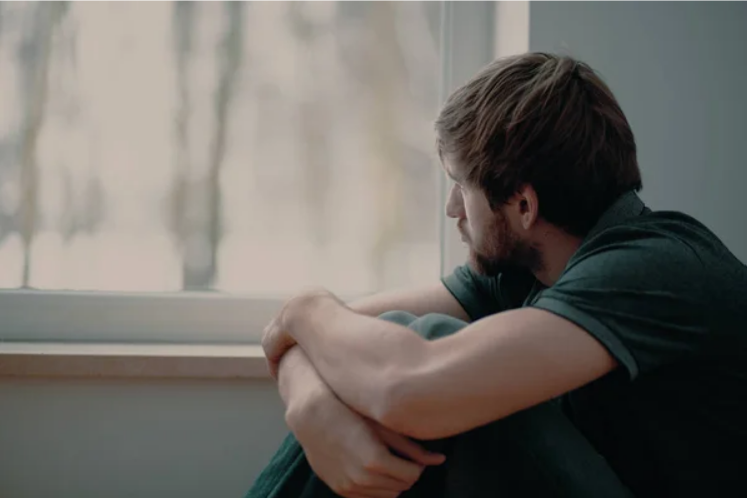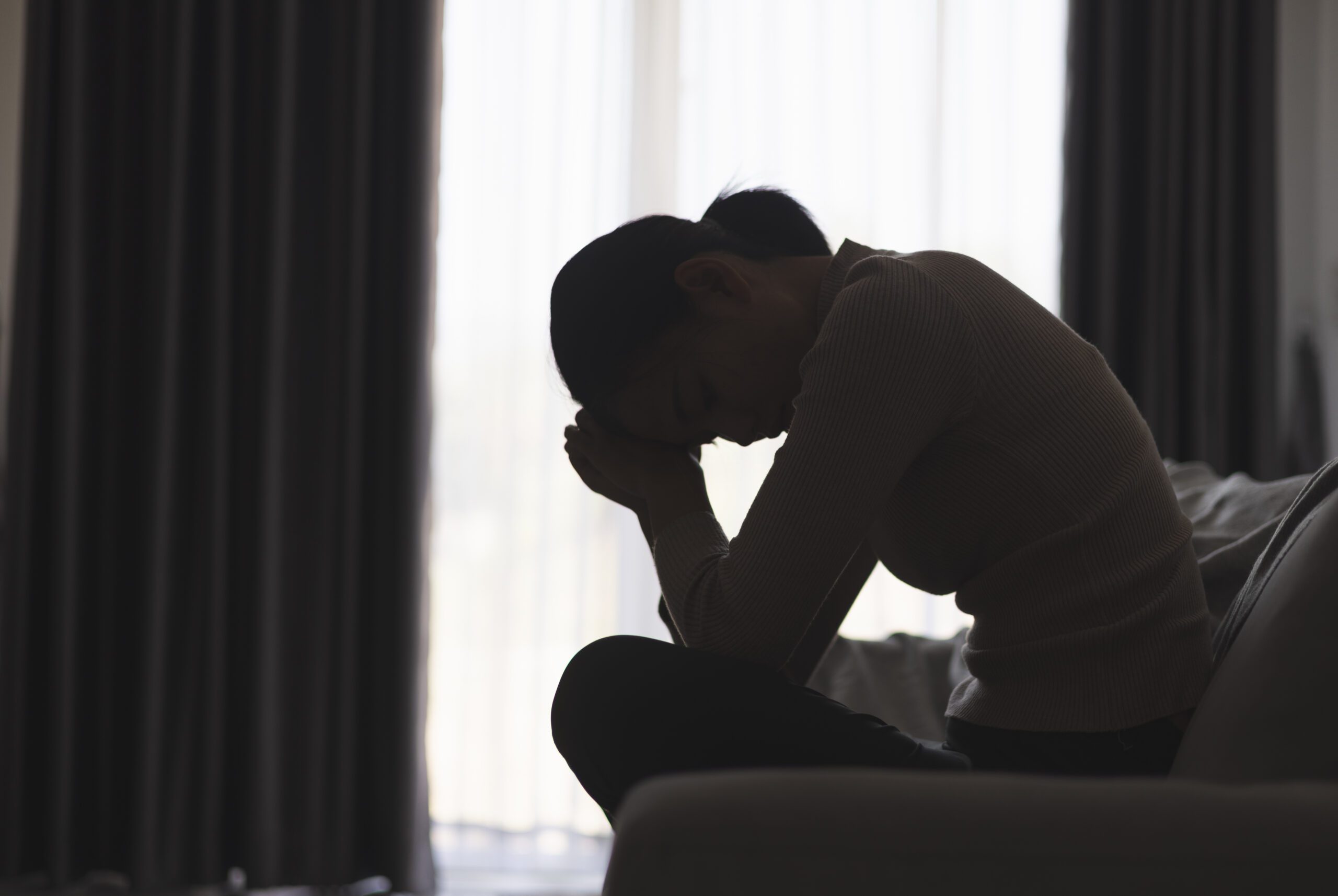Anxiety is often misunderstood as simple nervousness or worry before a big event. However, for those living with anxiety disorders, it can be an overwhelming experience that affects every aspect of life. Persistent and excessive worry, panic, or fear can make everyday activities seem daunting and exhausting. If someone is struggling with anxiety, it’s important to understand that they are not alone. At Aspire Frisco in Texas, we offer specialized anxiety treatment in Frisco to help individuals manage their symptoms and regain control over their lives.
While it’s normal to feel anxious in certain situations, clinical anxiety is persistent and disproportionate, often interfering with daily life. Thankfully, there are effective treatments and coping mechanisms available, including therapy for anxiety. With the right support, individuals can build resilience and lead more fulfilling lives. At Aspire Frisco, we are committed to providing compassionate, research-backed anxiety treatment to help individuals move forward with confidence and hope.
A Closer Look at the Types of Anxiety Disorders
Anxiety disorders come in many forms, each with its own set of symptoms and characteristics. Understanding these different types of anxiety disorders is an important first step in finding the right treatment. By recognizing the specific type of anxiety disorder, individuals can better personalize their approach to treatment.
Whether looking for therapy for anxiety or anxiety treatment in Frisco, identifying the disorder is crucial for creating an effective plan to manage it.
Generalized Anxiety Disorder (GAD)
GAD is marked by persistent and uncontrollable worry about a wide range of everyday things, such as work, family, or health. This excessive worry can be difficult to control, often leading to physical symptoms like restlessness, fatigue, and difficulty concentrating. With anxiety treatment in Frisco, individuals with GAD can find effective coping mechanisms to regain control over their lives.
Panic Disorder
People with panic disorder experience sudden and intense episodes of fear and discomfort, known as panic attacks. These attacks are often accompanied by physical symptoms like a racing heart, sweating, chest pain, shortness of breath, dizziness, and even a feeling of choking. The unpredictability of panic attacks can lead individuals to avoid situations where they fear another attack may occur. Thankfully, therapy for anxiety can help address the root causes and provide relief.
Social Anxiety Disorder
This disorder involves an intense fear of social situations, accompanied by worries of being judged or scrutinized by others. Individuals with social anxiety disorder may avoid interactions out of fear of embarrassment or humiliation, which can negatively affect both personal and professional life. With the right anxiety treatment in Frisco, social anxiety can be managed effectively, enabling individuals to navigate social situations with more confidence.
Obsessive-Compulsive Disorder (OCD)
OCD is characterized by persistent, intrusive thoughts (obsessions) that create anxiety. To alleviate this anxiety, individuals engage in repetitive behaviors (compulsions), such as washing hands repeatedly or checking locks. These compulsions can be time-consuming and interfere with daily life. The good news is that therapy for anxiety can help individuals address the underlying anxiety and develop healthier coping strategies.
Post-Traumatic Stress Disorder (PTSD)
PTSD develops after someone experiences a traumatic event. Individuals with PTSD may face flashbacks, nightmares, and intense anxiety triggered by reminders of the trauma. The effects of PTSD can be debilitating, affecting both emotional and physical well-being. Through specialized anxiety treatment in Frisco, individuals with PTSD can find ways to manage triggers and regain emotional stability.
Phobias
Phobias involve intense, irrational fears of specific objects, situations, or animals. Common examples include acrophobia (fear of heights), arachnophobia (fear of spiders), and aviophobia (fear of flying). These fears can lead to avoidance behaviors that disrupt daily life. However, with the right therapy for anxiety, phobias can be addressed through gradual exposure and other therapeutic methods.
Each of these anxiety disorders has unique characteristics, but they all share one common thread: with the right approach, anxiety can be managed. Through therapy for anxiety in Frisco, there is hope for individuals seeking support to regain control over their lives and well-being.
What Causes Anxiety?

Understanding the underlying causes of anxiety can be empowering and is an essential step in seeking the right anxiety treatment in Frisco. While anxiety may manifest differently for each person, several factors contribute to the development of anxiety disorders. By recognizing these causes, individuals can better manage their symptoms and find effective therapy for anxiety.
Genetics
If anxiety runs in a family, there may be a genetic predisposition to developing anxiety disorders. Research suggests that individuals with a family history of anxiety disorders are at a higher risk of experiencing similar struggles. Knowing this can help individuals seeking anxiety treatment in Frisco understand that their anxiety may have a hereditary component, which can guide treatment choices.
Brain Chemistry
Imbalances in neurotransmitters, such as serotonin and dopamine, can affect mood regulation and increase the risk of developing anxiety. These chemicals are responsible for transmitting signals in the brain, and any disruption can lead to heightened feelings of fear or worry. Understanding this aspect can help individuals seeking therapy for anxiety find a treatment plan that may include medication or other approaches to correct these imbalances.
Life Experiences
Trauma, abuse, or significant life changes such as the loss of a loved one or a major move can trigger anxiety. Even seemingly minor stressful events can accumulate over time and lead to anxiety. Whether dealing with a traumatic experience or ongoing stress, anxiety treatment in Frisco can help individuals process and heal from these experiences in a supportive environment.
Lifestyle Factors
Diet, sleep patterns, alcohol consumption, caffeine intake, and use of substances can all influence anxiety levels. Poor nutrition, lack of sleep, and excessive caffeine or alcohol use can exacerbate feelings of nervousness and worry. By addressing these lifestyle factors through therapy and healthy habit changes, individuals can reduce their anxiety symptoms and promote overall well-being.
Modern Influences
The fast-paced, always-connected nature of today’s world can contribute to heightened stress and anxiety. The pressure to constantly be available and the pervasive influence of social media can increase feelings of insecurity, comparison, and isolation, all of which can trigger anxiety. Understanding how modern influences affect mental health is an important step toward finding effective therapy for anxiety that can help manage these pressures.
Recognizing the causes of anxiety can help individuals better understand their own experiences and take proactive steps toward managing their symptoms. It also helps break the stigma around mental health. Whether it’s through anxiety treatment in Frisco or therapy for anxiety, the right support can help individuals navigate their struggles and work towards healing and stability.
How to Recognize Anxiety Symptoms?
Anxiety disorders are not just a mental health issue—they can also have significant physical and behavioral symptoms. Recognizing these signs is an important part of addressing anxiety early and seeking appropriate treatment.
Emotional Symptoms
- Constant Worrying: Persistent and excessive worry about everyday events.
- Irritability: Feeling easily irritated or on edge.
- Overthinking: Difficulty turning off anxious thoughts or imagining worst-case scenarios.
- Restlessness: A constant feeling of unease or tension.
Physical Symptoms
- Rapid Heartbeat: An increased heart rate or palpitations.
- Dizziness or Lightheadedness: A feeling of spinning or fainting.
- Nausea or Upset Stomach: Feeling nauseous or having digestive issues.
- Headaches: Tension headaches caused by anxiety.
Behavioral Changes
- Avoidance: Avoiding situations or places that trigger anxiety.
- Difficulty Concentrating: Trouble focusing due to racing thoughts.
- Seeking Reassurance: Constantly seeking reassurance from others about decisions or worries.
It’s important to note that many individuals mistake anxiety for physical health problems. If someone experiences persistent symptoms, especially if they interfere with daily life, it’s a good idea to consult a healthcare provider for clarity.
How to Manage Anxiety: Practical Strategies That Work
Managing anxiety involves a combination of self-help techniques, lifestyle changes, and professional treatment options. Here are several strategies to help individuals regain control:
Self-Help Approaches
- Mindfulness & Meditation: Practicing mindfulness and meditation techniques can help individuals stay present in the moment and reduce anxious thoughts. These grounding techniques allow individuals to observe their thoughts without judgment, which can lessen their impact.
- Breathing Exercises: Simple deep-breathing exercises can calm the nervous system and reduce physical symptoms of anxiety. Focusing on slow, controlled breaths can help center the mind and reduce feelings of panic.
- Exercise: Regular physical activity can reduce anxiety by releasing endorphins, the body’s natural mood elevators. Exercise also improves sleep and boosts energy levels, which can reduce overall feelings of stress.
- Sleep Hygiene: Getting enough rest is crucial for managing anxiety. Poor sleep can worsen anxiety symptoms, so focusing on a consistent sleep schedule and creating a relaxing bedtime routine can help improve sleep quality.
- Dietary Changes: Eating a balanced diet with adequate nutrients can positively affect mental health. Reducing caffeine and alcohol consumption can also help manage anxiety levels.
- Reducing Triggers: Identifying and minimizing triggers, such as stressful situations or certain substances, can help lower anxiety levels. Limiting exposure to social media and avoiding overstimulation can help reduce stress.
Professional Treatment Options
- Cognitive Behavioral Therapy (CBT): CBT helps people manage anxiety by identifying and challenging negative thought patterns. Many individuals with anxiety tend to assume the worst or overthink situations, which can make their fears feel even more overwhelming. CBT teaches people how to recognize these unhelpful thinking patterns and replace them with more balanced, realistic thoughts. Over time, this shift in thinking can help reduce anxious feelings and improve overall emotional well-being.
In addition to changing thoughts, CBT also focuses on behavior. Therapists often use techniques like gradual exposure, where individuals slowly face their fears in a controlled and supportive environment. This helps people build confidence and reduces avoidance behaviors that can make anxiety worse. CBT also includes relaxation techniques and problem-solving strategies to help individuals feel more in control of their anxiety on a daily basis.
- Dialectical Behavior Therapy (DBT): DBT helps individuals manage anxiety by teaching them how to handle strong emotions in a healthier way. Many people with anxiety experience intense feelings of fear or stress that can be difficult to control. DBT introduces techniques such as distress tolerance, which helps individuals stay calm and grounded during stressful situations instead of panicking or shutting down. These skills allow people to manage anxiety in a more effective and constructive manner. Another important part of DBT is mindfulness, which teaches individuals how to stay present in the moment rather than worrying about the past or future. This practice helps people develop a greater sense of awareness and control over their thoughts, making it easier to stop anxious spirals before they take over. By combining acceptance and change, DBT provides a balanced approach to managing anxiety and improving overall emotional stability.
Other Treatment Options
- Medication: In some cases, medication may be prescribed to help manage anxiety. Anti-anxiety medications, antidepressants, and beta-blockers can help alleviate symptoms. Medication should always be prescribed and monitored by a healthcare provider.
- Exposure Therapy: Exposure therapy helps individuals gradually confront their fears in a controlled and safe environment. It is particularly effective for treating phobias and social anxiety disorder.
- Support Groups & Therapy Sessions: Joining a support group or attending therapy can provide a sense of community and validation. Talking with others who understand the experience can be incredibly healing.̧
When Should Professional Help Be Sought?

Taking the first step towards better mental health can feel overwhelming, but recognizing the signs that it’s time to seek professional help is an important part of the journey. If anxiety is interfering with your daily life or affecting your well-being, reaching out for support is a brave and empowering choice.
- If anxiety is interfering with daily life or preventing completion of daily tasks.
- If anxiety is affecting relationships, work, or overall well-being.
- If someone experiences persistent or worsening physical symptoms, such as headaches, dizziness, or heart palpitations.
- If self-help techniques are not providing relief, it may be time to seek professional care.
Anxiety is treatable, and seeking help is a sign of strength. Professional support can help individuals regain control and improve their quality of life.
We’re With You Every Step of the Way
At Aspire Frisco, we understand the challenges of living with anxiety, and we’re here to support you every step of the way with anxiety treatment. Through proven therapies like Cognitive Behavioral Therapy (CBT) and Dialectical Behavior Therapy (DBT), we’ll work together to help you regain control, challenge negative thought patterns, and improve your overall mental health. Whether you’re seeking anxiety treatment in Frisco or therapy for anxiety, you don’t have to face this alone—we’re committed to helping you live a fulfilling life free from anxiety’s grip. Let us guide you toward the peace and balance you deserve.
Take the first step toward a brighter future—reach out to us today at 📞 469-249-9363, 📠 469-249-9364, or ✉️ info@aspirefrisco.com.



